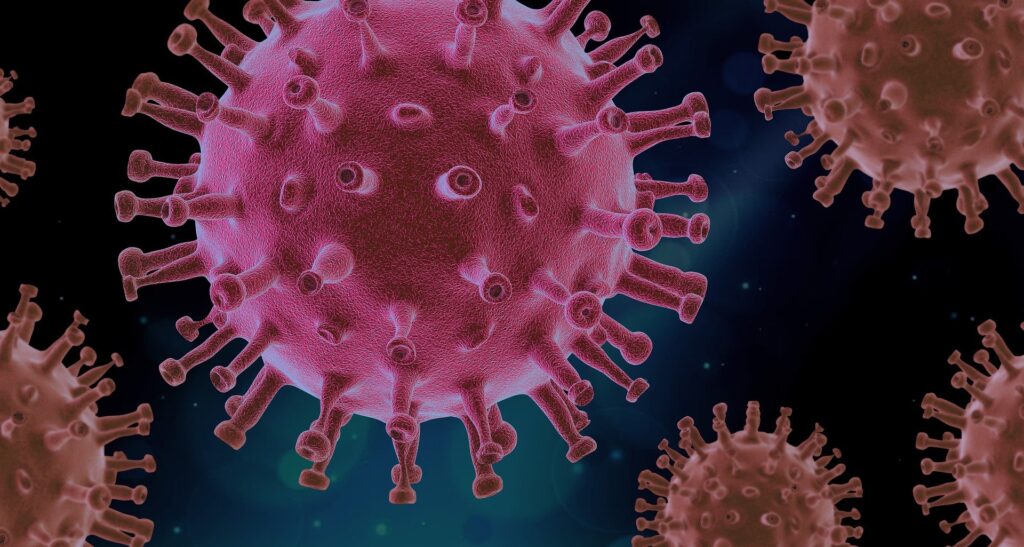
A tres años de la pandemia por COVID-19, expertos han advertido sobre la presencia de Arcturus, la nueva variante de la enfermedad causada por el virus SARS-CoV2, la cual en Estados Unidos representa al menos 6 por ciento de las nuevas infecciones.
Arcturus o XBB1.16, es la nueva variante de COVID-19 que fue identificada por primera vez en enero de esta año en India. Sin embargo, para mediados de abril ya había surgido en al menos 29 países, por lo que se volvió una «variante de interés» para la Organización Mundial de la Salud –OMS–.
Esta nueva variante XBB1.16 podría ser más infecciosa, según la OMS, pues recientemente la organización señaló que la cepa tiene una mutación más en la proteína espiga, lo cual significa un mayor riesgo de transmisión.
«–La pandemia por– COVID-19 está estable, pero debemos reconocer que en Estados Unidos de 200 a 300 personas aún mueren de esta enfermedad en nuestro país, pero es claro que nuestra inmunidad es mucho más alta de lo que era hace un año, muchas personas han sufrido COVID-19 pero nuestro nivel de protección es muy alto», señaló Willian Schaffner, profesor y presidente del departamento de Medicina Preventiva del Centro Médico de la Universidad de Vanderbilt, en una rueda de prensa organizada por Ethnic Media Services.
Durante la sesión en la que expertos se reunieron para discutir acerca del estado en que se encuentra la enfermedad causada por el virus SARS-CoV2, Schaffner puntualizó que quienes actualmente se encuentran hospitalizados o graves son aquellas personas que no se han vacunado, los adultos mayores o la población inmunocomprometida.
La nueva variante Arcturus tiene como síntoma –además de la fiebre, tos, fatiga, dolor de garganta, dificultad de respiración– la conjuntivitis.
«Esto puede ser una molestia, puede inflamarse, dar picazón, enrojecerse o un poco de pérdida de la visión, pero una semana después se cura y hasta ahora no hemos visto un reporte de consecuencias a largo plazo», explicó Schaffner, al tiempo que advirtió que este síntoma es más común en niños.
En ese sentido, Rober Wachter, profesor y presidente del Departamento de Medicina de la Universidad de California en San Francisco, recomendó que los niños y la población en general, reciban los refuerzos de la vacuna contra COVID-19, para estar protegidos ante las nuevas variantes.
«Hay mucha evidencia de que disminuye las posibilidades de contraer COVID-19 y de que los síntomas sean graves», señaló. Además, recomendó el uso de mascarilla –como la KN95–, para las poblaciones más vulnerables.
«Si yo estuviera inmunocomprometido o estuviera rodeado de gente, me pondría una mascarilla y me aplicaría los refuerzos», puntualizó.
Finalmente, Benjamin Neuman, catedrático de Biología y virólogo jefe del Global Health Research Complex en la Universidad A&M de Texas, recomendó también que la población se vacune incluso si no tienen confianza de que la inoculación los va a proteger de las nuevas variantes y dijo que «esperaba que las vacunas pudieran ofrecer inmunidad a largo plazo pero creo que eso no es algo que va a pasar porque es un virus que constantemente cambia».
Te puede interesar: Long COVID en California: «Una Pandemia de soledad, aislamiento social y rechazo»

